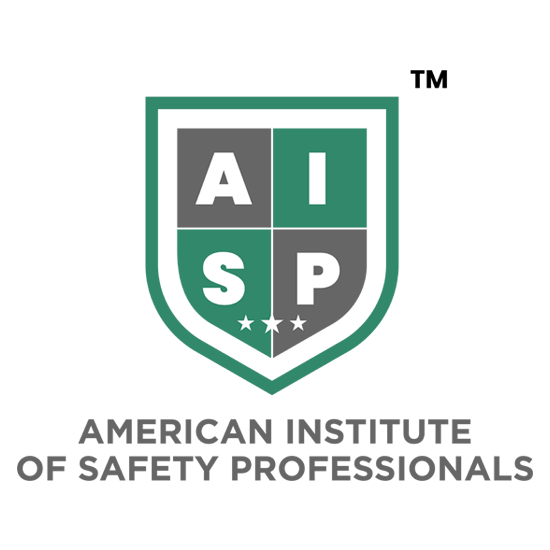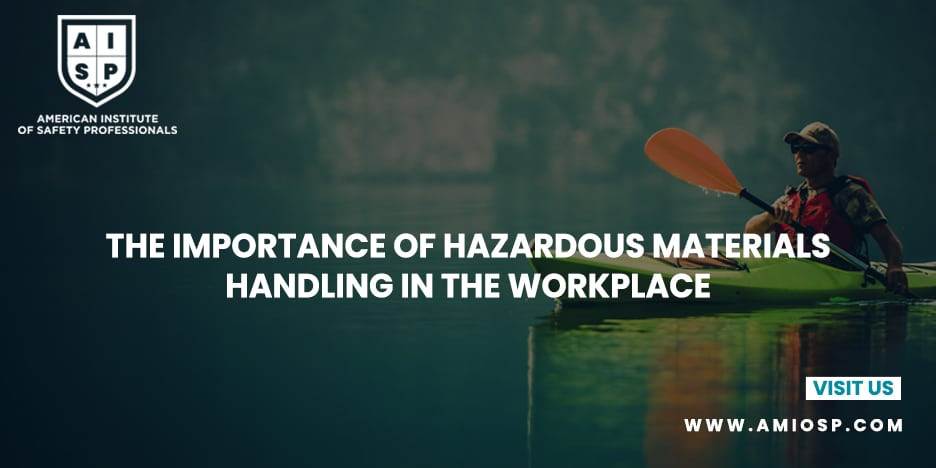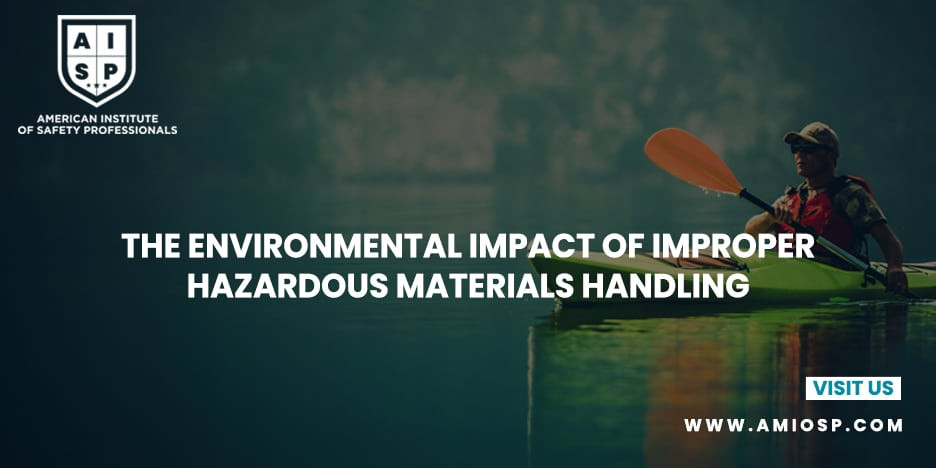In any workplace that deals with hazardous materials, the
importance of proper handling cannot be overstated. The potential risks and
dangers associated with mishandling these substances can have severe
consequences, both for the health and safety of employees and for the
environment. In this blog post, we will delve into the significance of
effective hazardous materials handling in the workplace, exploring the reasons
why it should be a top priority for all organizations.
Protecting Employee Health and Safety
One of the primary reasons for prioritizing hazardous
materials handling is to ensure the health and safety of employees. Many
hazardous materials, such as chemicals, gases, and biological agents, can pose
significant risks if not handled correctly. Exposure to these substances can
result in various health issues, including respiratory problems, skin
irritation, burns, and even long-term illnesses.
By implementing proper handling procedures, such as
appropriate storage, labeling, and personal protective equipment (PPE),
employers can minimize the potential for exposure and reduce the risk of
accidents or injuries. Training employees on how to handle hazardous materials
safely and providing them with the necessary resources and equipment further
enhances their protection and well-being.
Preventing Accidents and Injuries
Accidents involving hazardous materials can have
catastrophic consequences. Fires, explosions, leaks, and spills can lead to
severe injuries or fatalities, property damage, and environmental
contamination. Preventing such incidents should be a top priority for every
organization.
Implementing robust hazardous materials handling practices
significantly reduces the likelihood of accidents. This includes conducting
thorough risk assessments, ensuring proper storage and handling procedures, and
implementing appropriate controls and preventive measures. Regular inspections,
maintenance of equipment, and emergency response plans are also crucial in
mitigating the potential for accidents and minimizing their impact if they do
occur.
Compliance with Regulations and Legal Requirements
Another compelling reason to prioritize hazardous materials
handling is the need to comply with relevant regulations and legal
requirements. Governments and regulatory bodies enforce strict rules regarding
the handling, storage, transportation, and disposal of hazardous materials to
protect public safety and the environment.
By adhering to these regulations, organizations demonstrate
their commitment to responsible practices and avoid legal consequences, such as
fines, penalties, or even legal actions. Compliance also enhances the
organization's reputation, fostering trust among employees, customers, and
stakeholders.
Environmental Protection
Hazardous materials have the potential to cause significant
harm to the environment if not handled properly. Improper disposal, spills, or
leaks can contaminate soil, water bodies, and air, leading to long-term
ecological damage. These substances may persist in the environment for extended
periods, impacting ecosystems and posing risks to wildlife and human
populations.
Effective hazardous materials handling practices minimize
the potential for environmental contamination. This includes implementing
containment measures, utilizing appropriate storage and transportation methods,
and ensuring proper waste management and disposal procedures. Organizations can
also explore sustainable alternatives and initiatives to reduce their overall
environmental footprint.
Business Continuity and Reputation
Disruptions caused by accidents or incidents involving
hazardous materials can have far-reaching consequences for businesses.
Operations may be halted, resulting in financial losses, damage to
infrastructure, and reputational harm. Rebuilding trust and recovering from
such incidents can be a challenging and lengthy process.
Prioritizing hazardous materials handling helps maintain
business continuity by minimizing the likelihood of accidents or incidents. By
investing in training, safety measures, and emergency response planning,
organizations demonstrate their commitment to protecting employees, the
environment, and the surrounding communities. This commitment enhances their reputation
as responsible and reliable entities, attracting customers, clients, and
investors.
Conclusion
The importance of hazardous materials handling in the
workplace cannot be emphasized enough. Prioritizing employee health and safety,
preventing accidents and injuries, complying with regulations, protecting the
environment, and safeguarding business continuity and reputation are all
compelling reasons to invest in effective handling practices. By doing so,
organizations demonstrate their commitment to responsible operations and create
a safer and more sustainable work environment for everyone involved.











0 comments
No Comments